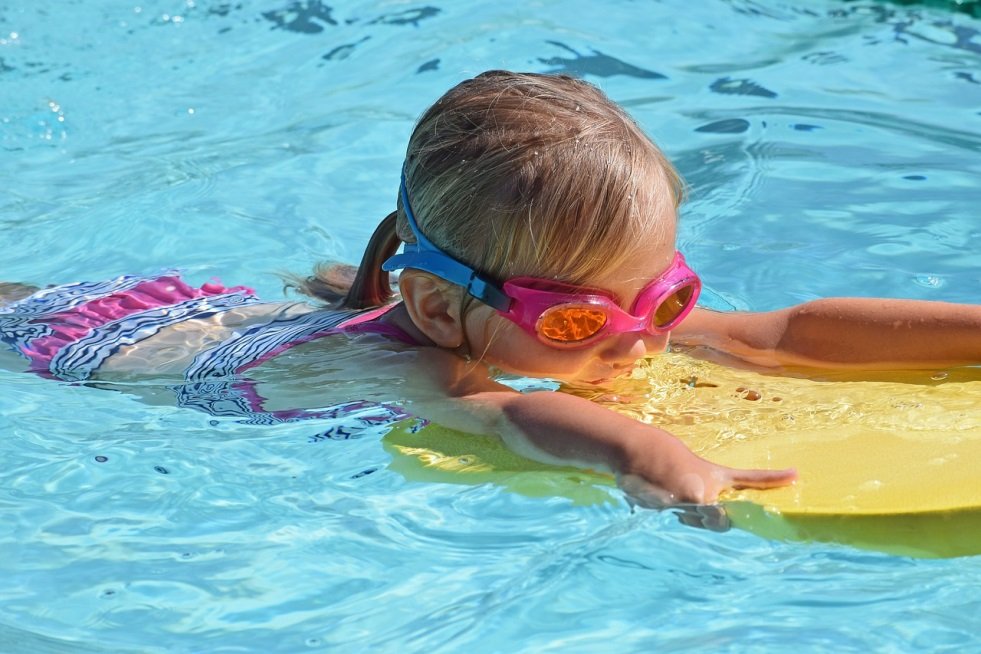We’re slowing moving into summer (yay!) which means longer days, warmer weather, ice cream at the park and lolling about in the water. Even if the closest you come to water right now is the office water dispenser, there are summer weekends and holidays to look forward to, and if you have young children, it’s important to be extra vigilant when they’re in the water.
To help create better awareness, May is National Water Safety Month which is an annual campaign designed to bring safe and enjoyable water activities to everyone. If you do have small children, here are a few important Water Safety Tips to keep in mind this summer in and around pools, courtesy of the International Swimming Hall of Fame.
- Teach children water safety and swimming skills as early as possible – it’s never too early to start.
- Always brief babysitters on water safety, emphasizing the need for constant supervision.
- Appoint a designated watcher to monitor children during social gatherings at or near pools – don’t assume ‘someone’ is watching.
- Equip doors and windows that exit to a pool area with alarms.
- Post CPR instructions and learn the procedures – make sure anyone supervising children is also familiar with the process.
- Keep rescue equipment and a first aid kit poolside – don’t wait for the paramedics to arrive because you will lose valuable lifesaving seconds.
- Install four-sided isolation fencing, at least five feet high, equipped with self-closing and self-latching gates that completely surrounds the pool and prevents direct access from the house and yard.
- Maintain constant visual contact with children in a pool or pool area. If a child is missing, check the pool first; seconds count in preventing death or disability.
- Don’t use flotation devices as a substitute for supervision. Never allow a young child in a pool without an adult. And don’t rely on swimming lessons, life preservers or other equipment to make a child ‘water safe’.
- Don’t think you’ll hear a child who’s in trouble in the water; child drowning is a silent death, with no splashing to alert anyone that the child is in trouble.

